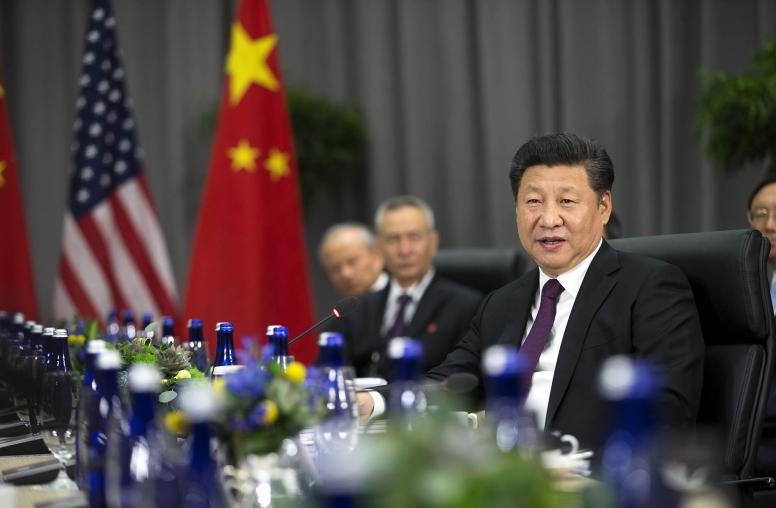Although much of the discussion about a Taiwan contingency focuses on the regional and global repercussions, China itself is hardly immune from the consequences of such a drastic action. Understanding the costs to China and highlighting them is therefore a critical part of the deterrence equation.

USIP’s project on the Costs to China of a Taiwan Contingency will explore, identify and publicize the costs that China might face in the economic, strategic/military, and reputational spheres if it were to take a military approach to unification with Taiwan. The project aims to facilitate diplomatic messaging and public debate — both outside of and within China — that might reinforce deterrence and preserve peace.
Publications

Xi Jinping’s Calculus of Cross-Strait Conflict
Given the extent to which Chinese leader Xi Jinping has consolidated control, viewing the likely cost-benefit analysis of a key decision regarding Taiwan should weigh as much as possible those costs and benefits through the lens of Xi’s priorities and legacy.

Costly Conflict: Here’s How China’s Military Options for Taiwan Backfire
An invasion of Taiwan would deprive Beijing of foreign capital, critical technology and tax revenue. A sea and air blockade of Taiwan would also hurt China’s own economy. With a far bigger economy than Russia’s, China would have more leverage than Moscow to resist U.S.-led efforts to isolate it after an attack on Taiwan. But China’s integration with the global economy as a manufacturing base and major market would complicate efforts to avoid the shocks from military action against Taiwan.

Many Ways to Fail: The Costs to China of an Unsuccessful Taiwan Invasion
China has spent over two decades preparing to conquer the island, but success is far from certain. An invasion could go wrong for several reasons, many of which are out of Beijing’s control. A failed war would severely damage China’s global standing, economy and the CCP’s grip on power.